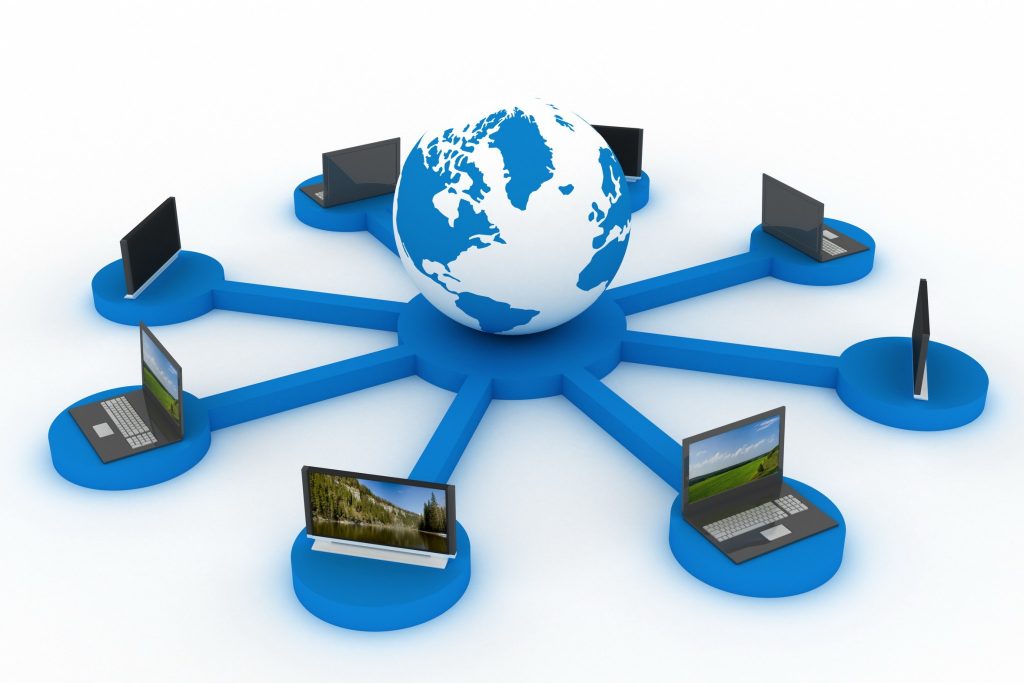Essential Network Security Measures We Should All Consider
It’s no surprise that our lives have become increasingly dependent on technology and the internet over the last decades, and so having strong network security is more important than ever. If your personal information falls into the wrong hands or your business data becomes compromised, this can cause some serious disruption and stress. When you take steps to protect your network you can avoid these problems and have peace of mind knowing your data is safe. Here’s what you need to know.

Image suggestion: https://www.pexels.com/photo/google-search-engine-on-macbook-pro-40185/
Understanding Network Security
Network security is about protecting your data from unauthorized access and cyber threats. It’s like having a lock on your front door to keep out intruders. Just as you wouldn’t leave your house unlocked, you shouldn’t leave your network unprotected. You could be a home user or running a business, but securing your network helps safeguard your sensitive information.
In today’s rapidly evolving technological landscape, incorporating security measures like AI/ML security assessments into your business practices is more essential than ever. Such assessments leverage artificial intelligence and machine learning to identify and mitigate potential threats proactively. By analyzing patterns and detecting anomalies, these tools provide an advanced layer of protection that traditional methods might miss.
These practices ensure your data remains secure against even the most sophisticated cyber threats, giving you peace of mind in an interconnected world. Additionally, implementing two-factor authentication, regularly updating software, and using secure Wi-Fi networks are essential to fortifying your network security. Combining these measures can create a robust defense against cyber threats.
Enable Two-Factor Authentication
Two-factor authentication (2FA) adds an extra layer of security to your accounts. Even if someone guesses your password, they still need a second form of verification to access your account. This second step could be a code sent to your phone or an app that generates a code. Sometimes, it might even involve biometric verification, like a fingerprint or facial recognition. By enabling 2FA, you make it significantly more difficult for unauthorised users to infiltrate your network, and it means that even if your password is compromised, your account stays secure.
This extra layer of security is especially crucial for protecting accounts that manage critical operations, like banking, cloud storage and corporate systems. 2FA also acts as a a great deterrent to cybercriminals, as they’re more likely to target accounts without these security measures. By implementing 2FA, you take a significant step towards safeguarding your digital life, making it much harder for cyber threats to succeed.
This simple but powerful security measure helps you maintain control over your personal and professional information, giving you that all important peace of mind.
Keep Your Software Updated
Software updates often include security patches that fix vulnerabilities. By keeping your operating systems, browsers, and other software up to date, you close these gaps that hackers could exploit. Set your devices to update automatically so you don’t miss any critical updates.
Use a Secure Wi-Fi Network
Your Wi-Fi network is a gateway to your personal and business data so start by setting a strong password- don’t use the default one that came with your router. Instead, create a new one that’s hard to guess. Mix letters, numbers, and symbols to make it strong. Changing the default network name (SSID) is also important. This makes it less obvious which router you have. It’s an extra layer of protection.
You can also enable network encryption, like WPA3. This adds another level of security. It makes it much harder for anyone to access your network without your permission. Network encryption scrambles the data sent between your devices and the router, making it unreadable to anyone trying to intercept it. This way, even if someone tries to break into your network, they won’t be able to understand the information being transmitted without the encryption key.
Regularly updating your router’s firmware is also essential for maintaining security. Manufacturers release firmware updates to fix vulnerabilities and improve performance. By keeping your router’s firmware up to date, you make sure that it has the latest security patches installed, protecting your network from threats. If you ever wonder about your network’s status, you can easily check by searching ‘what is my IP’ in your browser.
Install Antivirus Software and a Firewall
Antivirus software helps detect and remove malicious software from your devices. It can prevent viruses, malware, and other threats from compromising your data. Make sure to install reputable antivirus software and keep it updated. Regular scans can identify potential threats before they cause harm.
A firewall acts as a barrier between your network and potential threats. It monitors incoming and outgoing traffic and blocks anything that looks suspicious. By using a firewall, you can control what enters and leaves your network, providing an extra layer of protection against cyber attacks.
Be Wary of Phishing Attacks
Phishing attacks involve tricking you into revealing personal information through fake emails or websites. Always be cautious when clicking on links or opening attachments from unknown sources. Verify the authenticity of the sender before providing any sensitive information. Educating yourself about common phishing tactics can help you recognize and avoid these scams.
Monitor Your Network Activity
Keeping an eye on your network activity can help you spot unusual behavior early. Use network monitoring tools to track who is accessing your network and what they’re doing. If you notice anything suspicious, take immediate action to investigate and resolve the issue.
Consider Professional Help
If you’re unsure about your network security or need help implementing these measures, consider consulting with a professional. Cybersecurity experts can assess your network, identify vulnerabilities, and recommend solutions tailored to your needs. Investing in professional help can save you time and provide peace of mind knowing your network is secure.

